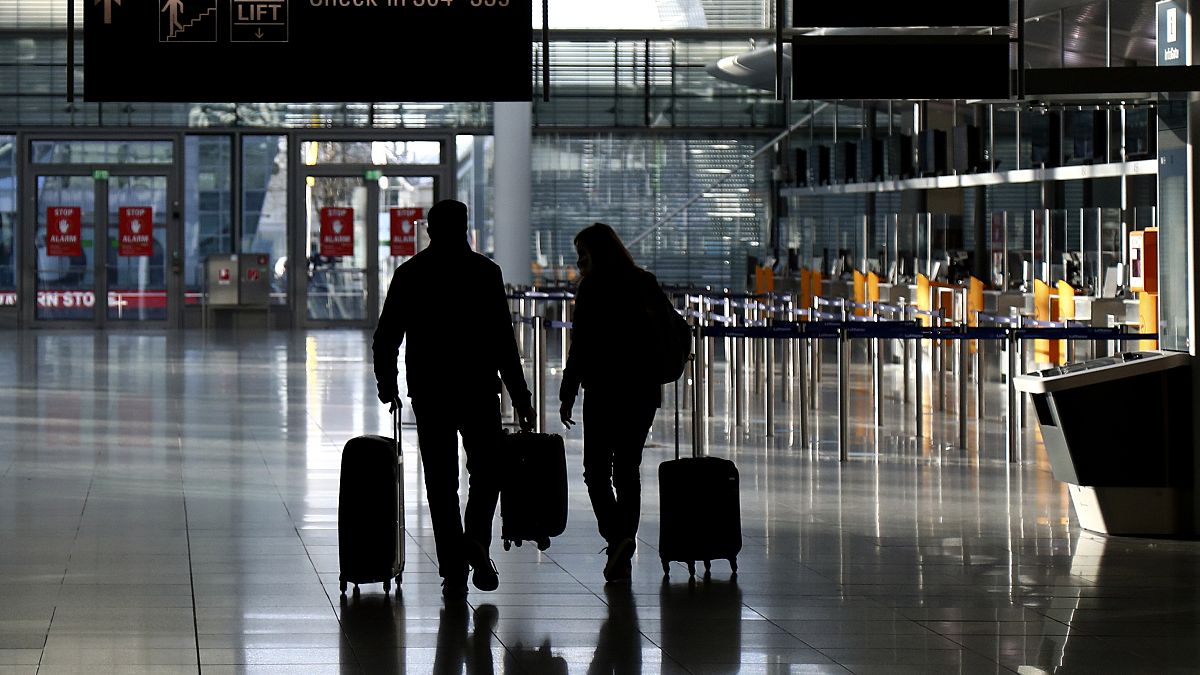The new mutated version of the virus was found in samples from a now-deceased older patient and his wife taken on November 27th and 30th
Authorities in Germany said they detected a case of the UK coronavirus variant that dates back to November.
It's the first case of what officials have said is a more transmissible version of the virus in Lower Saxony, officials from the northwestern German state said.
The Hannover Medical School (MHH) retrospectively sequenced the virus genome of an infection from November.
The new mutated version of the virus was found in samples from a now-deceased older patient and his wife taken on November 27th and 30th, the federal state of Lower Saxony said in a press release. The finding was then confirmed by Berlin's Charité Hospital.
"The patient's daughter had been in England in mid-November and was most likely infected with the virus there," officials said in a statement.
Germany's Robert Koch Institute said it was unsurprising to find the UK variant in Germany, the statement said.
These are not the first people in Germany who were found to have this version of COVID-19.
An expert in the United Kingdom had said last week that the new coronavirus variant was likely already in most if not all European countries.
Neil Ferguson, the director of the MRC Centre for Global Infectious Disease Analysis at Imperial College London, said that experts picking up ten cases of it in a country as small as Denmark with a relatively low infection rate “would suggest ... that this virus has been introduced into the great majority if not all of European countries at the current time."
UK health minister Matt Hancock first announced that there was a new variant of coronavirus in London and southeast England on December 14 in the House of Commons.
Officials later said that they believed it was more transmissible and responsible for rapidly rising infections in southeast England.
Several European countries including Spain, France and Germany imposed strict travel restrictions on people coming from the UK, cancelling flights and closing borders in a drastic move to contain the virus spread.
Trucks quickly were blocked at the port of Dover and prevented from entering the EU, until France partially reopened the border to some travellers with a negative COVID-19 test.
EU transport commissioner Adina Valean condemned the move citing supply chain issues. UK supermarkets had said they could have shortages quickly due to the border closures.
Some in the UK asked if the country was being unfairly penalised for sharing information, given that it does more genomic sequencing than other countries.
"It is fair to say that countries that have more extensive, more rigorous science and are very open and transparent obviously do expose themselves to important information being made available to others," said Professor Peter Horby, chair of the UK's New and Emerging Respiratory Virus Threats Advisory Group (NERVTAG).
European colleagues, Horby added, had said they wanted to replicate what is being done in the UK.


